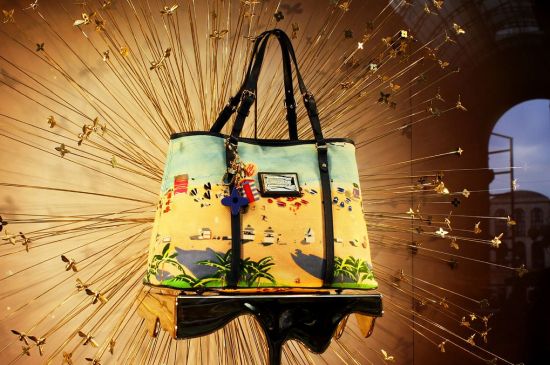
When a friend of mine inspected the damage from a fender-bender, what upset him most was the discovery that his bumper was nothing but a brittle plastic husk supported by three pieces of styrofoam. The vehicle was new and probably cost about $35,000.
In the documentary Minimalism, sociology professor Juliet Schor articulated something I’ve been thinking about for a long time. Essentially she said our society is drowning in needless possessions and consumer debt not because we’re too materialistic, but because we’re not materialistic enough, at least in the true sense. (Direct quote is here.)
In the everyday sense, the word materialism is used interchangeably with consumerism, a preoccupation with buying and consuming goods. We hear all the time that Western society is vapid and materialistic, meaning that it cares far too much about things, and not enough about spiritual or interpersonal values.
But using the word “materialistic” that way implies that the things themselves are what we value most, as though we consumers are connoisseurs of fine handiwork, attention to detail, and inspired design.
Looking closer, it’s clear our rampant buying has little to do with a taste for nice things. Our shopping culture does not suggest a close relationship with the physical and concrete parts of our lives. In fact we have very low standards for what physical objects we trade our money for, and for the quality of the sensory experiences they provide.
So much of our stuff is so crappy. Seams on brand-name clothes undo themselves under normal wear. Our grocery store vegetables are bland. We drink coffee that was roasted a year ago. Everything that can conceivably be made of plastic is made of plastic. (Seriously, who wants to sit in this?) We might be in love with buying, but we are not in love with things. Read More

I have this dream, and maybe you do too, of one day having enough time. It always feels like I’m in a particularly time-squeezed period of the year, or of my life.
The state of having enough time seems like a real place but we but never seem to be there. Once I finish this project, once Christmas is over, once the move is done, I’ll have time. But right now, there’s not enough time to do everything.
Quite a bit gets done, but something is always falling behind: emails, bookkeeping, self-improvement promises, things I said I’d do. Am I still learning French? I’m not sure.
Sometimes I wonder if having enough time is achievable at all, or if it’s like trying to reach light speed. We can approach it, if we have vast amounts of energy, but the laws of reality prevent us from quite getting there.
That doesn’t make much sense though. You always get some things done, and if those things were all you felt you needed to do, you’d have enough time. If you had another couple of hours a day, you would have kept up with Spanish lessons, you would have culled your sock drawer, you would have finished the 30-day yoga challenge. Read More

Happy New Year everyone. So I’m starting 2017 by not drinking any alcohol for four months.
The decision wasn’t made in the throes of a January 1st hangover. I had committed to an extended teetotaling break a few weeks before, the morning after attending the staff Christmas party of my former employer.
It was a rather restrained night, as far as get-togethers at the pub go. But the next day I remembered a detail that made me realize I’ve been making a huge miscalculation the entire eighteen years I’ve been drinking.
There seem to be three basic relationships a person can have with drinking. There are drinkers, dabblers and teetotalers.
Teetotalers never touch the stuff. Dabblers may have a glass of wine or a beer now and then, or even regularly, but they only occasionally have enough that they’d have to call a cab. They see drunkenness as an accident, a morally salient line one should avoid crossing. Drinkers get drunk on purpose, and obviously believe it’s worthwhile.
I have always been in the drinker category. Throughout my adult life, I’ve regularly gone out with the intention of having six or more drinks, sometimes many more. This is socially acceptable where I come from, but only recently has that begun to seem strange to me. Read More



 I'm David, and Raptitude is a blog about getting better at being human -- things we can do to improve our lives today.
I'm David, and Raptitude is a blog about getting better at being human -- things we can do to improve our lives today.
Thank you for the post, I've only started suspecting I have adhd close to my 40's. I've come to the same conclusion as you did about self discipline, but I have trouble organising my life. Could you you share some of the things that worked for you and what kind...